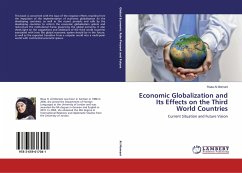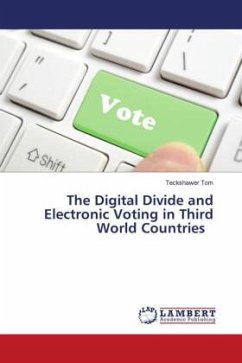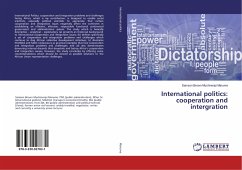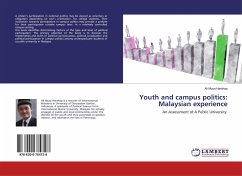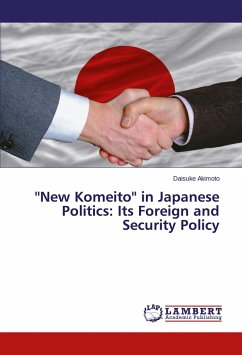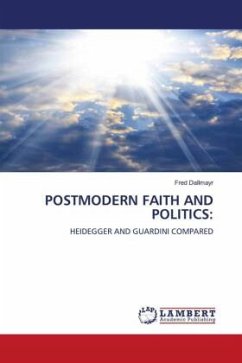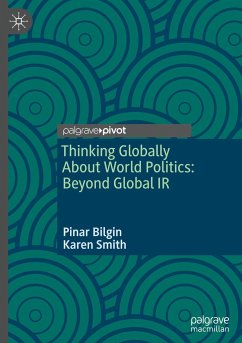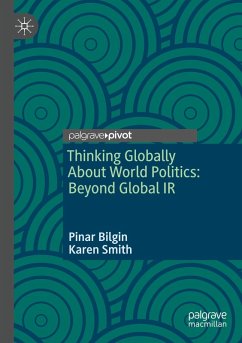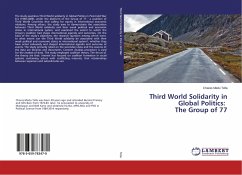
Third World Solidarity in Global Politics: The Group of 77
Versandkostenfrei!
Versandfertig in 6-10 Tagen
36,99 €
inkl. MwSt.

PAYBACK Punkte
18 °P sammeln!
The study examines Third World solidarity in Global Politics in Post-Cold War Era (1990-2009), under the platform of the Group of 77 - a coalition of Third World Countries that calling for equity in international economic relations. Among others, the study aims to demonstrate the association between Third World solidarity and their weak political and economic status in international system, and examined the extent to which the Group's coalition had shape international agenda and outcomes. On the basis of the study's objectives, the research question among which were, to what extent can the Thi...
The study examines Third World solidarity in Global Politics in Post-Cold War Era (1990-2009), under the platform of the Group of 77 - a coalition of Third World Countries that calling for equity in international economic relations. Among others, the study aims to demonstrate the association between Third World solidarity and their weak political and economic status in international system, and examined the extent to which the Group's coalition had shape international agenda and outcomes. On the basis of the study's objectives, the research question among which were, to what extent can the Third World solidarity be associated with their weak political and economic status in international system?; whether they have acted cohesively and shaped international agenda and outcome of events. The study primarily relied on the secondary data and the sources of the data are libraries and documents. Content analysis procedure is used for the analysis of data. The study employed coalition theory. The thrust of the theory are that: interest has focused on coalition formation in social systems containing actors with conflicting interests; that relationships between superiors and subordinates are



